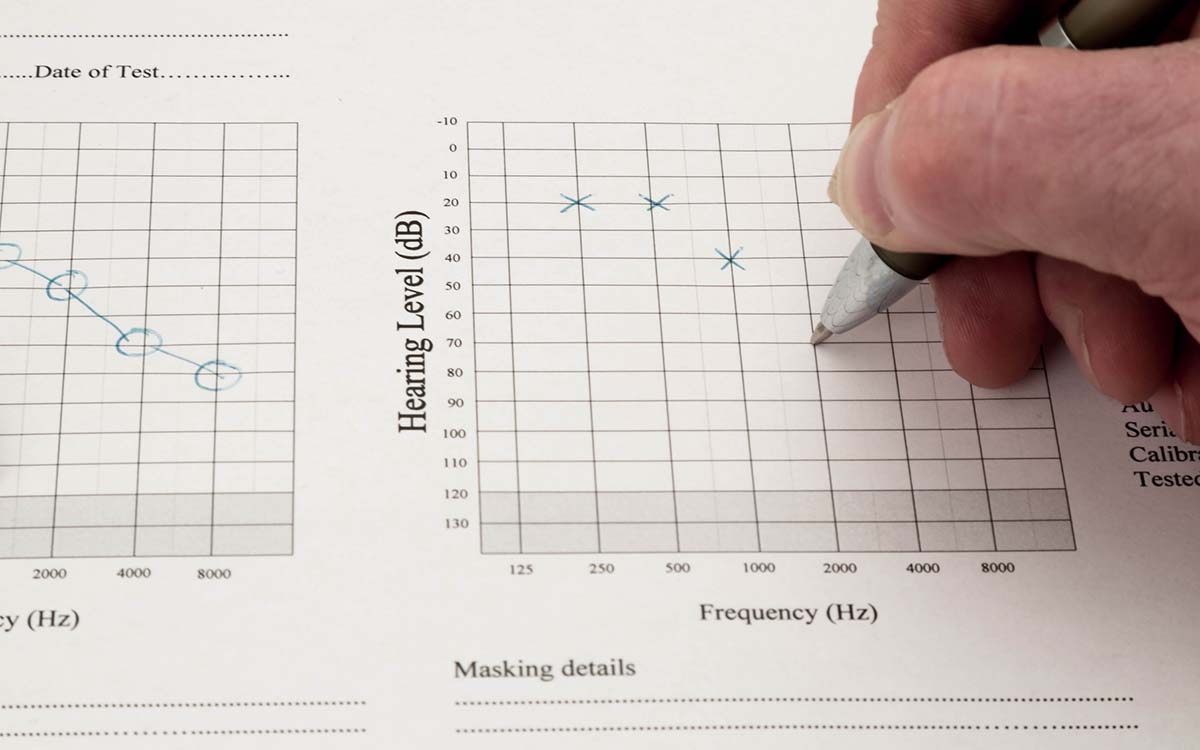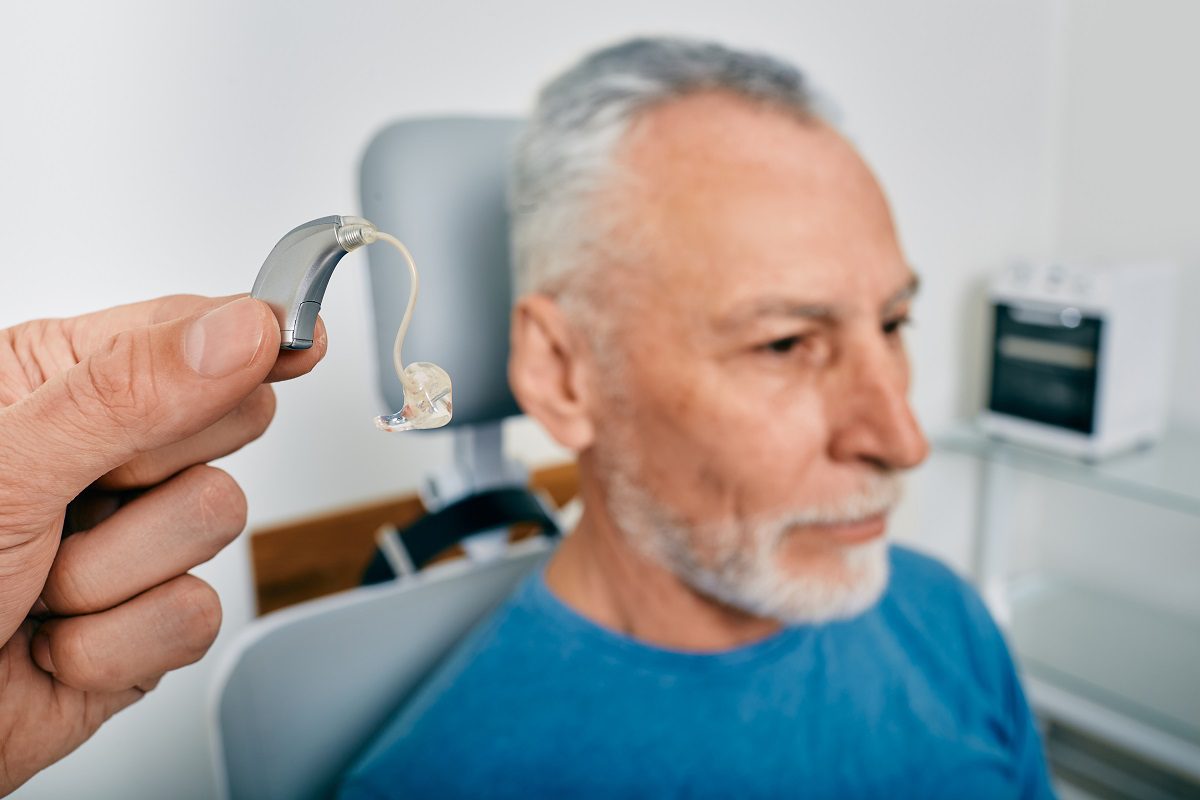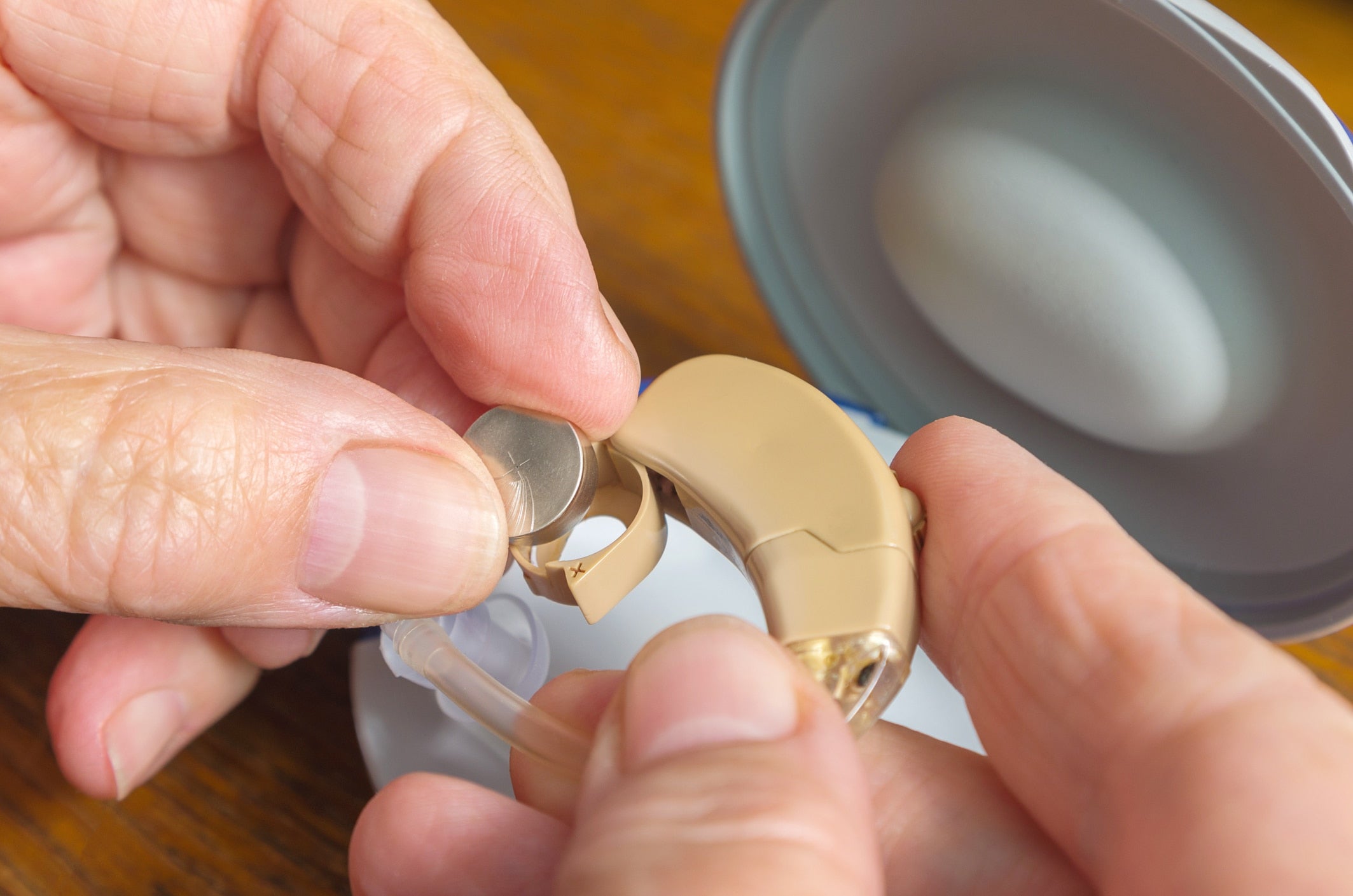Hearing health is something many people overlook until communication becomes frustrating or isolating. But just like eye exams and dental checkups, regular hearing tests are an important part of preventive care. In this Q&A, we’ll answer the most common questions about when—and why—you should schedule a hearing test.
Q1: How often should adults get their hearing tested?
For adults with no known hearing issues:
-
Baseline test at age 21: This helps establish your personal hearing profile.
-
Every 3–5 years after age 21: If you don’t notice any problems, this frequency is typically recommended.
-
Every 1–2 years after age 50: Age-related hearing changes (presbycusis) become more common.
For adults with risk factors (loud noise exposure, family history, health conditions), testing every 1–2 years is wise even earlier.
Q2: Are there signs that mean I should book a test sooner?
Yes. If you experience any of the following, don’t wait until your “scheduled” exam:
-
Turning up the TV or phone volume higher than others prefer.
-
Frequently asking people to repeat themselves.
-
Difficulty following conversations in restaurants or noisy places.
-
Ringing or buzzing in the ears (tinnitus).
-
Feeling drained after conversations because of the effort to listen.
These are often early signs of hearing loss. Testing sooner can prevent the issue from affecting your quality of life.
Q3: Why is early detection so important?
Catching hearing loss early matters because:
-
Brain health: Untreated hearing loss is linked to cognitive decline and dementia.
-
Social connection: The earlier you treat it, the easier it is to stay engaged in conversations and activities.
-
Treatment options: Modern hearing aids and therapies are more effective when hearing loss is detected before it becomes severe.
Q4: Should children and teens also get hearing tests?
Absolutely. For children:
-
Newborn screening: Most hospitals screen infants at birth.
-
Preschool check (ages 3–5): To ensure hearing is adequate for language development.
-
School-age testing: At least once during elementary, middle, and high school.
For teens:
-
Especially important if they use headphones frequently at high volume. Noise-induced hearing loss is rising in young people.
Q5: Who is at higher risk of hearing loss and needs more frequent testing?
Several groups benefit from annual or biannual tests:
-
Older adults (50+)
-
People exposed to loud sounds (construction workers, musicians, hunters, factory employees)
-
Those with chronic conditions (diabetes, heart disease, hypertension)
-
People taking ototoxic medications (some antibiotics, chemotherapy drugs)
-
Family history of hearing loss
Q6: What happens during a hearing test?
A professional hearing evaluation usually includes:
-
Case history: Questions about medical background, lifestyle, and symptoms.
-
Physical exam: Looking inside the ear for wax, infection, or injury.
-
Pure-tone audiometry: Listening to tones at different pitches and volumes.
-
Speech recognition tests: Checking how well you understand spoken words.
-
Additional tests: Tympanometry (ear drum function) or otoacoustic emissions (inner ear health) if needed.
It’s painless, non-invasive, and usually takes less than an hour.
Q7: Can I test my hearing at home?
There are online screenings and smartphone apps that can give you a rough idea of your hearing ability. While these are helpful for spotting potential problems, they are not a substitute for a professional test. Only an audiologist or hearing care professional can provide a full diagnosis.
Q8: What if my hearing test shows I have hearing loss?
If your test indicates hearing loss, your provider will explain:
-
The degree of loss (mild, moderate, severe, profound).
-
The type of loss (sensorineural, conductive, or mixed).
-
Treatment options, which may include hearing aids, medical treatment for underlying issues, or communication strategies.
Q9: I feel fine—do I still need a test?
Yes. Many people don’t realize they have hearing loss because it often develops slowly. In fact, family members usually notice the signs first. Even if you “feel fine,” testing creates a baseline to compare against in the future.
Q10: Can untreated hearing loss really cause other health problems?
Yes, and research is growing in this area. Studies link untreated hearing loss to:
-
Cognitive decline and dementia
-
Increased risk of depression and anxiety
-
Social withdrawal and isolation
-
Higher risk of falls due to reduced spatial awareness
Testing and treating hearing loss can help protect overall health.
Q11: How do I know if my workplace requires regular testing?
Occupational hearing conservation programs exist for:
-
Factories, construction, airports, military service, and other noisy industries.
-
OSHA requires employers to provide hearing tests if workers are exposed to noise levels of 85 decibels or higher over an 8-hour shift.
If you work in a noisy environment, ask your employer about annual testing.
Q12: What if I only have ringing in my ears (tinnitus)?
Tinnitus is often linked to hearing loss—even when it’s subtle. A hearing test can identify whether you have underlying issues. In many cases, treating hearing loss (with hearing aids or therapy) reduces tinnitus symptoms.
Q13: How much does a hearing test cost?
-
Many clinics offer free basic screenings.
-
A full diagnostic exam may range from $50 to $250 depending on the clinic and insurance.
-
Some insurance plans cover testing, especially if referred by a physician.
It’s always worth calling ahead to confirm costs.
Q14: What if my hearing is normal—what’s next?
Great news! If your hearing is normal:
-
Keep up with regular checkups based on your age and risk factors.
-
Practice healthy listening habits (volume control, ear protection at concerts, breaks from headphones).
-
Protect your ears from injury and infections.
Q15: When should I seek urgent medical help, not just a routine test?
Seek immediate care if you experience:
-
Sudden hearing loss in one or both ears.
-
Severe pain, drainage, or dizziness along with hearing changes.
-
Rapid worsening of hearing over days or weeks.
These may indicate infection, injury, or neurological issues that need urgent treatment.
Q16: Can children “outgrow” hearing problems?
Not usually. Ear infections and fluid buildup can cause temporary hearing loss, but consistent problems should be evaluated. Delaying treatment can affect speech, learning, and social development. Regular tests ensure children stay on track.
Q17: Is there a “best age” to start hearing testing?
There’s no single perfect age—it depends on your history and risk factors. But as a rule of thumb:
-
At birth (mandatory newborn screening)
-
Before school starts (around age 4–5)
-
Every 3–5 years during adulthood
-
Annually after age 50
The earlier you start, the better your long-term hearing health outcomes.
Q18: What if I wear hearing aids already—do I still need testing?
Yes. Hearing can change over time, and your devices may need reprogramming or upgrading. Annual hearing checks ensure your aids continue to meet your needs.
Q19: How can I prepare for my first hearing test?
-
Write down any symptoms, questions, or situations where you notice hearing trouble.
-
Bring a list of medications.
-
If possible, bring a family member—they can give input on what they’ve noticed.
Q20: What’s the takeaway?
You should get your hearing tested if:
-
You’re over 50 (annually).
-
You’re 21–49 (every 3–5 years).
-
You have any symptoms like difficulty following conversations, tinnitus, or turning up the volume.
-
You have risk factors such as loud noise exposure, chronic health conditions, or family history.
Early, regular testing can protect not just your hearing, but your brain, mental health, and overall quality of life.






Share:
Traveling with Hearing Aids: Tips for Airports & Different Climates
Do Noise-Canceling Headphones Protect Hearing?